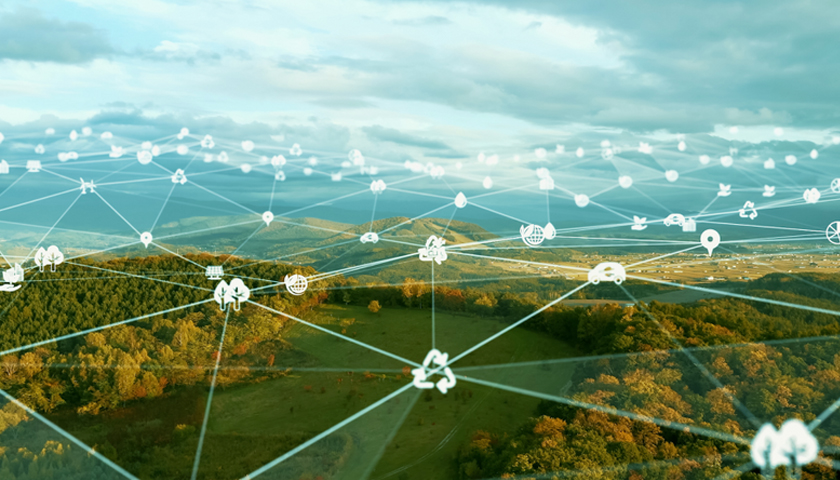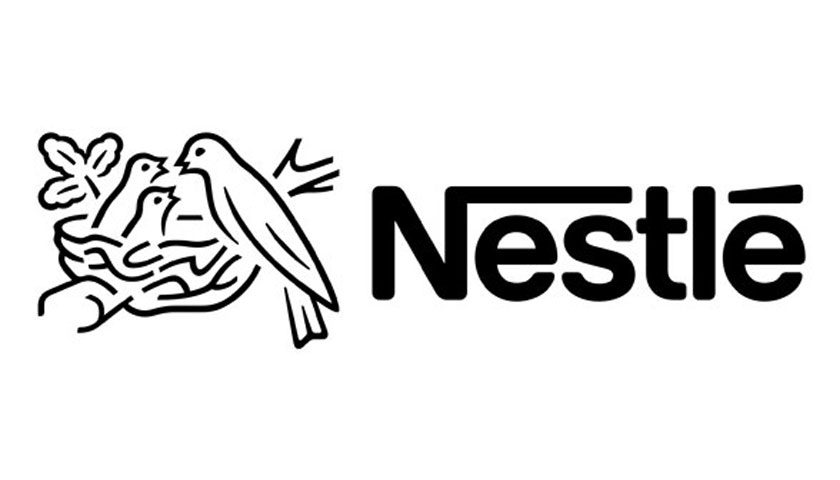Circularise partners with BEC GmbH, Grundfos, Minviro, and the global Rare Earth Industry Association (REIA) to lead a three-year EIT RawMaterials funded innovation project to build a blockchain based Circular System for Assessing Rare Earth Sustainability (CSyARES). This will help companies improve transparency and sustainability of their supply chains when it comes to critical and rare earth materials.
Demand for rare earth metals is skyrocketing and by 2030 it is projected to reach 315,000 tonnes (1). These rare-earth metals are irreplaceable in wind turbines, electric vehicles, mobile phones, computers and the defence industry. Rising demand combined with resource shortages and supply chain disruptions means we need to rely on sustainably mined and processed metals.
The transition to a circular economy is considered crucial and governments around the world incentivise companies to uptake e-waste recycling and other sustainable practises with new regulation. As highlighted by the European Raw Material Alliance (ERMA) Action Plan, boosting supply security through better cooperation among stakeholders is a top priority. For rare earth metals suppliers, this means not only becoming more sustainable but also proving their compliance and quality criteria to customers and regulators.
Developing an innovative CSyARES is key in achieving these goals. In this project, the partnering organisations, including Circularise aim to:
- Integrate REIA’s standards on assessing sustainable performance and Minviro’s LCA tool with Circularise’s blockchain software for supply chain traceability and transparency.
- Allow Grundfos and BEC GmbH to test the system and business model and trace and measure the environmental impact of their supply chains using Circularise. This will be conducted in cooperation with members of REIA.
Commenting on this announcement, Jordi de Vos, Circularise’s Founder, said “With CSyARES, we see a big potential in developing solutions for suppliers, brands, and industry as a whole to measure, understand and reduce the climate impact of Rare Earth Metals. As corporations and governments work toward a sustainable future, climate supply chain traceability software that leverages data and blockchain to measure environmental impact can help increase the secondary resource efficiency and accelerate transition to a circular economy.”
This project will contribute to the circular economy transformation in the rare earth elements, electric and electronic equipment, automotive, and all other sectors that depend on rare earths. It will create new business opportunities for manufacturers and recyclers and allow downstream players to ensure sustainable practises throughout their supply chains.



